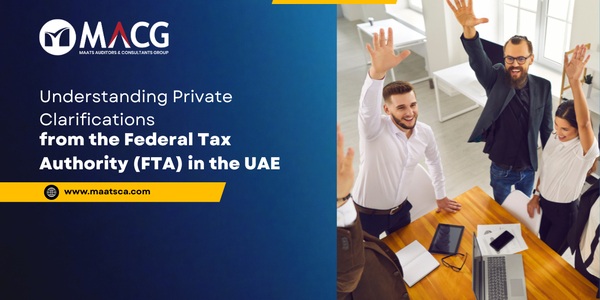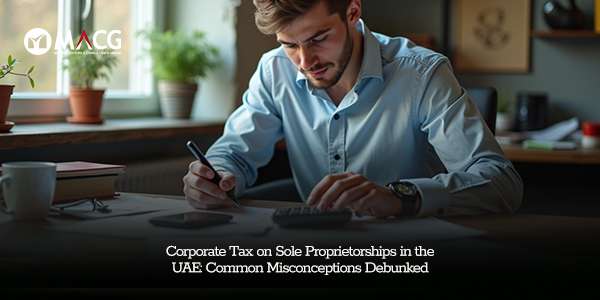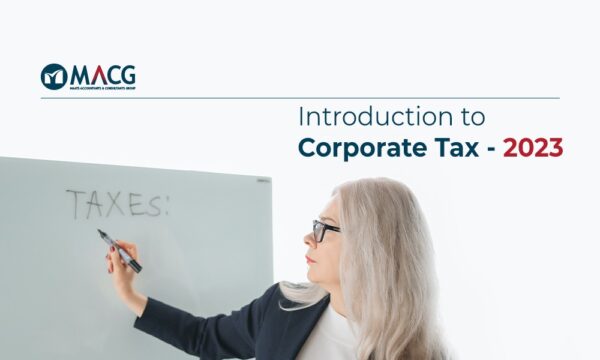Understanding Private Clarifications from the Federal Tax Authority (FTA) in the UAE
In the United Arab Emirates (UAE), the Federal Tax Authority (FTA) is the official body responsible for administering, collecting, and enforcing federal taxes. These include: To help businesses and individuals comply with tax regulations, the FTA regularly publishes public guidelines, tax clarifications, and technical interpretations. When tax issues are not addressed in official guidance, the FTA offers a private clarification mechanism. This is particularly useful for businesses seeking clarity on matters such as VAT registration in the UAE, VAT accounting in Dubai, or corporate tax services in the UAE. 1. Purpose of This Guide This document provides a clear overview of how to request a private tax clarification through the EmaraTax platform, helping taxpayers understand: The clarification process, required documents, potential fees, and refund policies For more information, refer to the official FTA service card: 👉 tax.gov.ae – Tax Clarifications 2. Nature of Private Clarifications Private clarifications are formal documents issued by the FTA, signed and stamped by an authorized official. These are often sought by businesses receiving VAT consultancy in Dubai or those involved in complex The request has to do with federal taxes or associated fines. taxpayer making the request, or taxpayers under special circumstances, i.e. the A third party is not covered by the FTA’s clarification. However, clarifications are considered null and void if: The facts differ from the actual transaction or implementation 3. Eligibility to Apply Two levels of eligibility are considered when submitting a clarification: Applications may be rejected by the FTA if: A member of a tax group files a clarification instead of the parent or representative company 4. Clarification Request Process All requests for clarification must be submitted through the EmaraTax portal. A valid user profile is required. The FTA evaluates the request and may either accept, reject, or request additional information. The applicant must respond within 40 business days of any such request. This process is especially relevant to companies seeking VAT de-registration services in Dubai, tax restructuring advice, or clarification on VAT accounting treatments. 5. Issuing of Clarifications Clarifications are issued in English or Arabic, based on the language used in the application. If the request involves multiple tax types (e.g., VAT and corporate tax), separate clarifications are provided. The FTA typically responds within 50 business days of receiving a complete request, or from the date of additional information submission 6. Common Mistakes That Lead to Rejection The FTA has identified several recurring issues in clarification requests: Filing clarifications on topics already covered in FTA guidance or prior clarifications Requests should be well-prepared and supported by documentation when VAT consultancy is used in the UAE or corporate tax consultants are engaged in Dubai. Conclusion Using the FTA private clarification service through EmaraTax can help businesses reduce tax risk and ensure full compliance. This tool is vital for entities engaged in: By understanding the process and avoiding common mistakes, you can make informed, confident tax decisions backed by official clarification from the FTA. 👉 Need Professional Help? If you’re unsure how to prepare your clarification or want expert assistance with VAT consultancy in Dubai or corporate tax services in the UAE, working with a registered tax advisor can ensure your application meets all FTA requirements.





